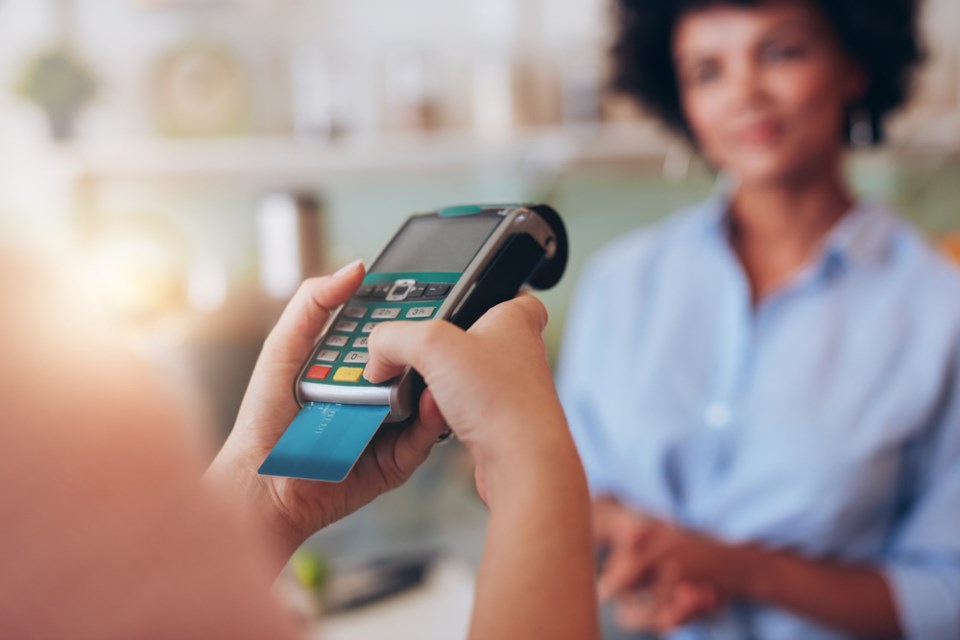Getting your first credit card isn’t the same coming of age touchstone as getting your driver’s license or a first job, but it is often more important.
The Financial and Consumer Affairs Authority (FCAA) of Saskatchewan said that as high school seniors begin to turn 18 and prepare for adulthood there are some important things to keep in mind.
Cory Peters, the Director of the Consumer Credit Division for the FCAA, noted that when used responsibly, a credit card can help build your credit history which is important when it’s time to buy a car or a house.
“One of the best habits is to make your minimum payment on time and, if possible, pay in full. If you are always able to pay off the full balance and haven’t taken any cash advances, you can actually avoid interest charges entirely,” Peters said. “If the amount on the card is too much to pay off all at once you may want to consider creating a monthly payment plan for yourself to follow until the entire balance is paid off. At the very least, always make the minimum payment by the due date.
“It's important to know that being late or skipping payments will seriously harm your credit rating.”
The FCAA cautioned to keep in mind that it’s not free cash and to do your research into which card might the right fit for you as many offer different interest rates, fees and rewards.
“Avoid using your credit card to take cash out at the ATM or transfer money to your chequing account. Although this may be helpful in emergency situations, remember there is often a cash advance fee, and interest on cash advances is charged immediately,” Peters said.
The FCAA also warns students getting their first credit cards to be cautious about scams and fraudsters. They warn not to share the personal identification number (PIN) for your credit card with anyone.
“If you tell someone your PIN or give someone your credit card and something happens to your credit card account, you are on the hook. You can be held responsible for any charges that are incurred and your credit card issuer could close your account,” said Peter who also warned students to keep track of all of the charges on their monthly bill.
“Watch where you are spending money and carefully read through your recent transactions to make sure they are accurate and check for any fraudulent or unauthorized charges. Fraudsters can sometimes gain access to your card without you noticing it.”




